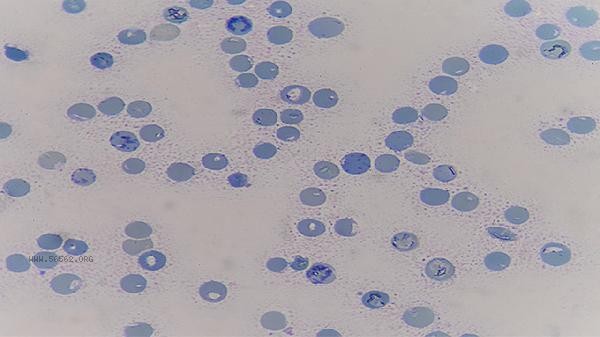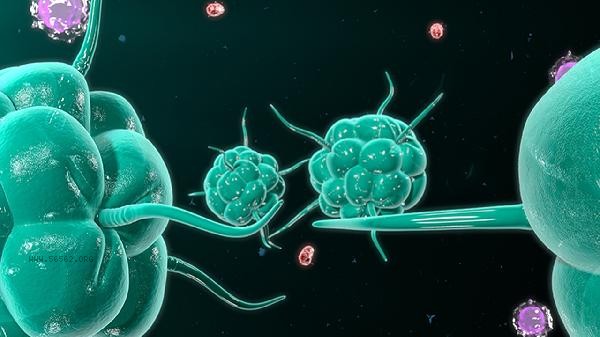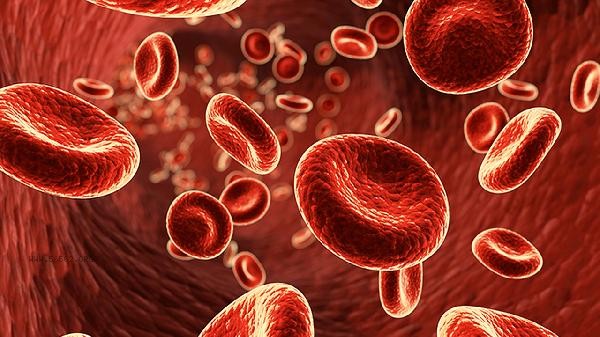Elevated monocyte count may be caused by viral infections, bacterial infections, autoimmune diseases, hematological disorders, or drug reactions, and can be intervened through anti infective therapy, immune regulation, and specialized treatment for hematological diseases.

1. Viral infection:
EB virus, cytomegalovirus and other infections can stimulate monocyte proliferation. The typical symptoms include persistent low-grade fever, sore throat, enlarged lymph nodes, and a blood routine examination showing a monocyte count exceeding 8%. Virus antibody testing is required. Mild cases are often treated with antiviral therapy such as interferon, while severe cases require the combination of immunoglobulin.
2. Bacterial infection:
Intracellular parasitic bacteria such as Mycobacterium tuberculosis and Brucella can easily lead to increased monocyte reactivity. Often accompanied by consumption symptoms such as night sweats and weight loss, tuberculin test and gamma interferon release test can assist in diagnosis. It is necessary to standardize the use of antibiotics such as isoniazid and rifampicin, and the treatment course is usually 6-9 months. 3. Autoimmune diseases: Diseases such as rheumatoid arthritis and systemic lupus erythematosus can activate monocytes. Often accompanied by symptoms such as joint swelling and pain, rash, etc., it is necessary to test indicators such as anti nuclear antibodies and rheumatoid factors. The treatment mainly involves the combination of glucocorticoids and immunosuppressive agents such as methotrexate, and regular monitoring of liver and kidney function is required.
4. Hematological disorders:

Chronic myelomonocytic leukemia, myelodysplastic syndrome, etc. can directly cause abnormal proliferation of monocytes. The peripheral blood smear shows immature cells, and diagnosis requires bone marrow biopsy. According to the classification, demethylation drugs or hematopoietic stem cell transplantation are used, and some cases require long-term blood transfusion support.
5. Drug reactions:
Corticosteroids, granulocyte colony-stimulating factor, and other drugs may interfere with monocyte differentiation. Usually, abnormal indicators appear 2-4 weeks after medication, and they can usually recover on their own after discontinuation. Assess the necessity of medication and switch to alternative treatment options such as cyclosporine if necessary.
It is necessary to maintain sufficient sleep and a balanced diet in daily life, and to supplement vitamin C and high-quality protein in moderation. It is recommended to engage in aerobic exercise such as brisk walking and swimming three times a week to avoid exacerbating the immune burden with vigorous exercise. Regularly check blood routine. If the monocyte count continues to exceed 15% or is accompanied by symptoms such as weight loss and bleeding, it is necessary to seek medical attention from a hematology department in a timely manner. Pay attention to recording changes in body temperature and medication use history to provide reference for doctors' diagnosis.










Comments (0)
Leave a Comment
No comments yet
Be the first to share your thoughts!